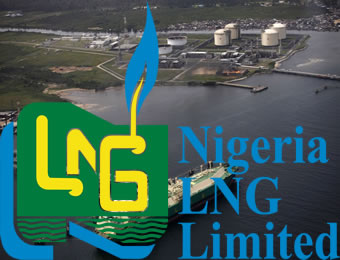THERE are strong
In a statement by the company, Dr Kudo Eresia-Eke, General Manager, External Relations, Nigeria LNG Limited, said, “the complete removal is a huge error and it is inimical to the growth of Nigeria and a direct collision with the Federal Government’s drive to attract Foreign Direct Investment (FDI).
“The main thrust of the Guarantees and Assurances were to assure the foreign investors that their investments would be protected by the non-amendment of the NLNG Act.
Remarking on the impact of the amendment, Eresia-Eke stated that the amendment will also mean an immediate potential loss of foreign investment of $25 billion in respect of Trains 7 and 8 investments ($15 billion by the gas producing and supplying companies (Upstream), and $10 billion for construction of the project).
Owned by four shareholders, namely the Federal Government of Nigeria, represented by Nigerian National Petroleum Corporation (49 per cent), Shell (25.6 per cent), Total LNG Nigeria Ltd (15 per cent) and Eni (10.4 per cent), NLNG Limited commenced operations in May 1999, three weeks after the enactment of the NLNG Act after over 30 years of unsuccessful efforts by successive Nigerian administrations to attract foreign investors to the LNG sector.
From an initial investment of $6 billion, the Company now has an asset base of over $11 billion, generated over $90 billion in revenues, grown from one to a six-train operation, with a nameplate capacity of 22 million tonnes per annum (mtpa).
NLNG is also on the verge of achieving a seventh and eight trains to bring the production capacity to approximately 30mtpa. An amendment of the Act will obviously breach the promises by the Federal Government to its co-investors thereby damaging the reputation of the country, its credit rating, and ability to attract or even retain future investments.
WATCH TOP VIDEOS FROM NIGERIAN TRIBUNE TV
- Let’s Talk About SELF-AWARENESS
- Is Your Confidence Mistaken for Pride? Let’s talk about it
- Is Etiquette About Perfection…Or Just Not Being Rude?
- Top Psychologist Reveal 3 Signs You’re Struggling With Imposter Syndrome
- Do You Pick Up Work-Related Calls at Midnight or Never? Let’s Talk About Boundaries







